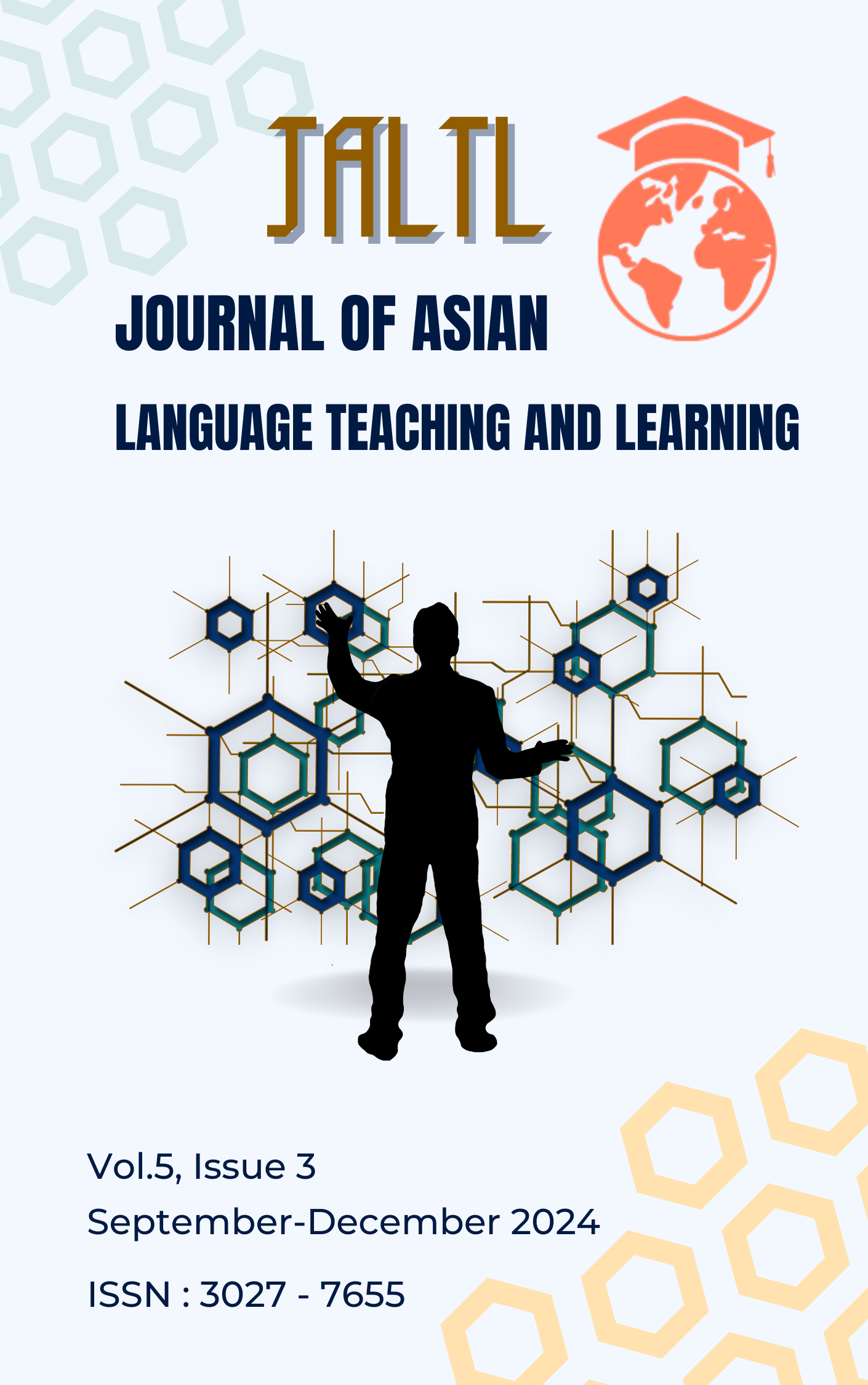A Study of Activity-Based Learning Towards Participation in the English Class of Grade Five Students at saint Andrew School
Main Article Content
Abstract
The aims of this research were 1) to study activity-based learning in the English class of grade five students at Saint Andrew School., 2) to develop activity-based learning in the English class of grade five students at Saint Andrew School. To be effective according to the criteria 75/75, 3) to study satisfaction using activity-based learning in the English class of grade five students at Saint Andrew School. This research has used research and development (R&D), including one group pre-test and post-test design.
The status of activity-based learning towards participation in the English class of grade five students at Saint Andrew School was found that the overall average was 4.22, which was at a satisfied level. If it was separated individually as an aspect. It was found that the item with the highest average was item no. 1. Students are feeling sleepy in the classroom. ( = 4.63, S.D. = 0.49), and the lowest level was no. 9. Students dare not ask the teacher some questions. ( = 3.90, S.D. = 0.55). The efficiency of the manual of activity-based learning towards participation in the English class of grade five students at Saint Andrew School model with the standard level at 75/75. It was found that the score during the semester was 82.25% and the score of post-test 88.00%, so the efficiency of E1/E2 is 82.25/88.00 which is higher than the standard level. The students’ opinions towards the satisfaction of developing a learning model of factors for using activity-based learning in the English class of grade five students at Saint Andrew School was found that the overall average was 4.28, which was at a very satisfied level. If it was separated individually as an aspect, it was found that the item with the highest average was item no. 1. The activity materials were engaging and fun. ( = 4.80, S.D. = 0.41), and the lowest level was no. 3. The difficulty level of the materials was appropriate for students. ( = 4.20, S.D. = 0.88), respectively.
Article Details

This work is licensed under a Creative Commons Attribution-NonCommercial-NoDerivatives 4.0 International License.
References
Angkana Onthanee. (2021). The effectiveness of participatory learning to promote occupational competency for secondary school students. Journal of Education Naresuan University, 23(2), 336-350.
Atitaya Wiengni. (2010). A Study OF Out-of-Class English Language Learning Activities of Secondary School Students in English Program(The Degree of Master of Arts Program in English as an International Langaue, Interdisciplinary Program). Graduate School: Chulalongkorn University.
Chamaibhorn Suttanon. (2018). An investigation on using activity-based learning to enhance English speaking ability of primary 3 students in a private Bangkok school(Master’s Thesis). Thammasat University.
Chanon Pakginnon et al. (2020). The Results of the Engagement in English Learning Activities through Vocabulary Games of Matthayom 1 students at Rittiyawannalai School. Journal of Inclusive and Innovative Education, 4(2), 45-55.
Johnson, D. W. (2012). Active learning: Cooperation in the college classroom. USA: Interaction Book Company.
Jones, A. (2020). Teaching techniques in Thai schools: Impact on English language education. International Journal of Language Studies, 15(3), 78-95.
Krongkan Moonthaisong. (2020). Development of English Learning Activities on Food and Drink Using the STAD Cooperative Learning Technique with Games for Prathomsuksa 4 Students(A Thesis Submitted in The Master of Education Degree in Research of Curriculum and Instruction). Sakon Nakhon Rajabhat University.
Marlina, R., & Xu, X. (2018). The role of English as a global language: Challenges and strategies in the Indonesian context. Journal of English as an International Language, 13(1), 94-109.
Narissara Siriwong. (2023). Development of English Learning Activities on the Topic of English for Daily Life Based on Activity-Based Learning for Prathomsuksa 4 Students(A Thesis Submitted in The Master of Education Degree in Research of Curriculum and Instruction). Sakon Nakhon Rajabhat University.
Phrakruwisitdhammothai. (2017). The study of the condition of developing english communication skills for student at Mahavajiralongkornrajavidyalaya school(Degree of Master of Arts English, Internatinal Program). Graduate School: Mahavajiralongkorn rajavidyalaya University.
Prince, M. (2004). Does active learning work? A review of the research. Journal of engineering education, 93(3), 223-231.
Rathee, R., & Rajain, P. (2016). Effectiveness of activity based learning in management education. International Journal of Advance Technology in Engineering and Science, 4(3), 47-56.
Smith, J. (2019). Challenges in English language learning among Thai students. Journal of Language Education, 10(2), 45-62.
Wandee Na Lampang et al. (2020). Situations and Problems in Learning English for Primary 3 at Kamphaengphet Affiliated School. The 11th Hatyai National and International Conference. Hatyai University.
Wariyaporn, K. et al. (2019). Language learning strategies among Thai EFL learners: A review of the literature. The Journal of Asia TEFL, 16(4), 1163-1175.


